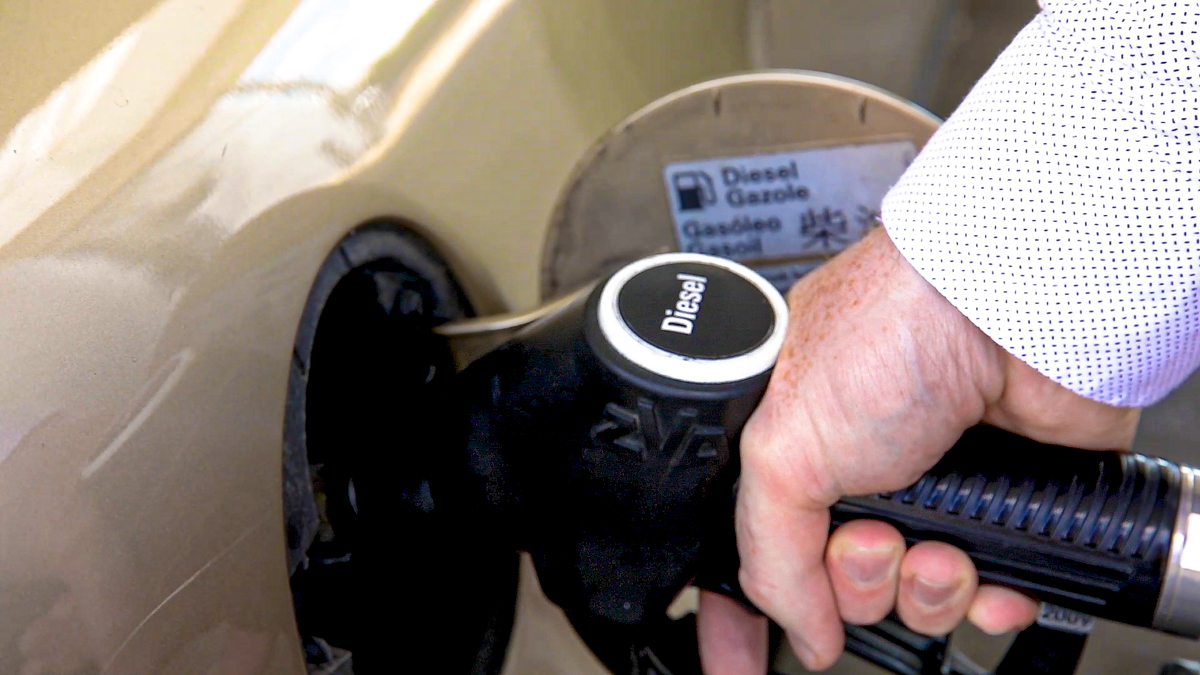”The target to reduce average annual greenhouse gas emissions by 7% between now and 2030 is very positive, but if no action is taken in the first half of the period it will require drastic 12-14% annual cuts in the final years.”
This is according to the director of Ethanol Europe – James Cogan – who welcomed the “strong climate and environmental focus” in the Programme for Government, but cautions that Ireland cannot wait until 2030 to act.
- Move to cap and cut oil use in transport from 2020;
- Immediately introduce E10 (10% ethanol) in petrol and remove the 10c-per-litre “subsidy on dirty diesel”;
- Ban second-hand imports that cannot meet present-day emissions requirements.
He said: ”We strongly support the growing use of electric vehicles (EVs), but we are surprised that the Programme for Government seems to resile from previous commitment targets. It provides no target for EV numbers in the fleet by 2030.
“Instead, it simply commits that the programme will use a range of policy approaches to incentivise the use of electric vehicles and encourage a shift away from a petrol or diesel vehicle. This would seem to be a significant dilution of ambition for EVs,” he said.
He continued: ”We welcome the [future] ban on new registrations of diesel and petrol cars, but based on current trends Ireland’s internal combustion engine fleet will have grown by 500,000 extra vehicles [from 2.8 million to 3.3 million] by 2030.
“The 50% target for emissions cuts will not be feasible unless action is taken with regard to the current fleet and current engine types. That means using E10 and other sustainable biofuels to make petrol and diesel more climate-friendly,” he said.
‘Cannot afford a lost decade on emissions’
Cogan added: “We cannot afford a lost decade on emissions. Measures such as E10 petrol, which require no change or investment, and which bring no disruption, can and should be implemented immediately.”
He claimed that E10 brings the same climate benefits as 100,000 electric vehicles (of which he says there are only 9,000 in Ireland currently), compared to petrol containing no bioethanol.
He said:
Petrol vehicles account for one in three of all vehicles in Ireland, so any NOx reduction programme should have E10 at the top of its action list, especially as petrol vehicles will be used in urban locations long after diesels have been banned.
“We also believe that second-hand imports of diesel cars should be banned, unless they meet present-day standards.”
